The Peacemaker (who never was): Trump’s Shattered Dream and India’s Quiet Lesson
As Venezuela celebrates a peacemaker born of struggle, Trump’s self-styled bid for the Nobel Prize exposes the gap between power and principle, and India’s quiet lesson in harmony.
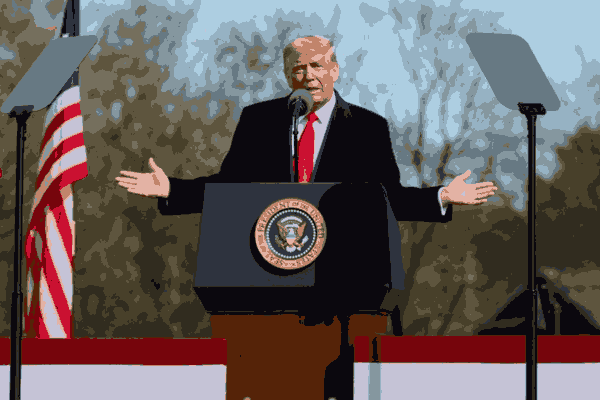 Donald Trump / Facebook/@donald trump
Donald Trump / Facebook/@donald trump
The 2025 Nobel Peace Prize awarded to Venezuelan opposition leader María Corina Machado puts a sharp focus on the contrast between genuine moral leadership and diplomacy. Machado, a fearless advocate for democracy, has stood up to authoritarian power, electoral fraud, and personal persecution in her pursuit of political transparency and civic dignity. Her recognition is a tribute to Venezuela’s struggle for freedom and the enduring principle that peace is sustained by truth and courage, not by spectacle or self-promotion.
By comparison, Donald Trump’s long-standing fascination with the Nobel Peace Prize feels hollow. He often reminded the world of his role in the Abraham Accords, which normalized relations between Israel and several Arab states. He hinted that such efforts made him deserving of the highest honor because those agreements marked a moment of calm in a turbulent region. Yet Trump’s transactional diplomacy, driven by ego, seldom outlives the applause it seeks. The accords may endure, but they rest on fragile interests rather than reconciliation between peoples or lasting trust among nations.
In today’s complex world, global peace cannot be achieved without the engagement of powerful nations. Had Trump invested in partnerships rooted in equality and mutual respect, especially with strategic allies like India, whose democratic traditions and global outlook embody stability, his claim might have carried more weight. India has long held that peace is more than the absence of war; it is the presence of harmony, i.e., the creation of conditions where nations coexist with dignity and cooperation.
Under this broader vision, peace means supporting democracies as equals, building friendships, and fostering global development and dialogue. India’s diplomacy, from its balanced stance on the Russia–Ukraine conflict to its quiet advocacy for Middle East stability, has reflected this inclusive approach. In contrast, Trump’s worldview measured smaller nations by their utility, not their dignity. His rhetoric at the United Nations General Assembly, marked by nationalistic bravado and disdain for multilateral institutions, undercut any claim to being a genuine peacemaker.
The Nobel Committee’s choice of Machado, therefore, offers a moral correction. She represents the courage to speak truth to power, to defend democratic ideals in the face of repression, and to unite rather than divide. Her life’s work exemplifies the peace process as a moral journey, not a geopolitical negotiation. Where Machado faced tyranny with integrity, Trump confronted complexity with self-congratulation. The contrast could not be clearer.
To his credit, Trump’s tenure did produce moments of pragmatic diplomacy. If the Abraham Accords and recent Israel-Gaza cease-fire contribute to sustained stability, history may yet grant him partial acknowledgment. But the Nobel Peace Prize has never been about temporary calm. It honors those who embody peace as a living principle. Machado, and leaders like her, remind the world that peace is built not in deals, but in decency.
India’s ancient ethos of Vasudhaiva Kutumbakam — “the world is one family” — captures this enduring truth. Real peace is inclusive, patient, and anchored in mutual respect. It seeks no spotlight, only understanding. Trump’s dream of being celebrated as a peacemaker falters precisely because his approach was the opposite: transactional rather than transformational, loud rather than lasting.
Perhaps someday, when Trump learns that peace requires humility more than hubris, his dream might find redemption. But for now, the world has chosen differently and wisely. In honoring María Corina Machado, the Nobel Committee affirmed that genuine peace springs not from power, but from principle. Should Trump learn from India’s ancient ethos, the Peace Prize may come his way, but he must treat other nations with respect and dignity for lasting peace.
NOTE: The author acknowledges the use of ChatGPT for research and the improvement of content.
The author is a Ph.D. physicist from IIT Roorkee. He has served in academia as a faculty member and researcher and held various leadership roles across universities. He also worked as a Policy Analyst at the White House Office of Science and Technology Policy.
(The views and opinions expressed in this article are those of the author and do not Necessarily reflect the official policy or position of India Abroad)
ADVERTISEMENT
ADVERTISEMENT
E Paper
Video




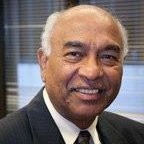 Vijendra Agarwal
Vijendra Agarwal
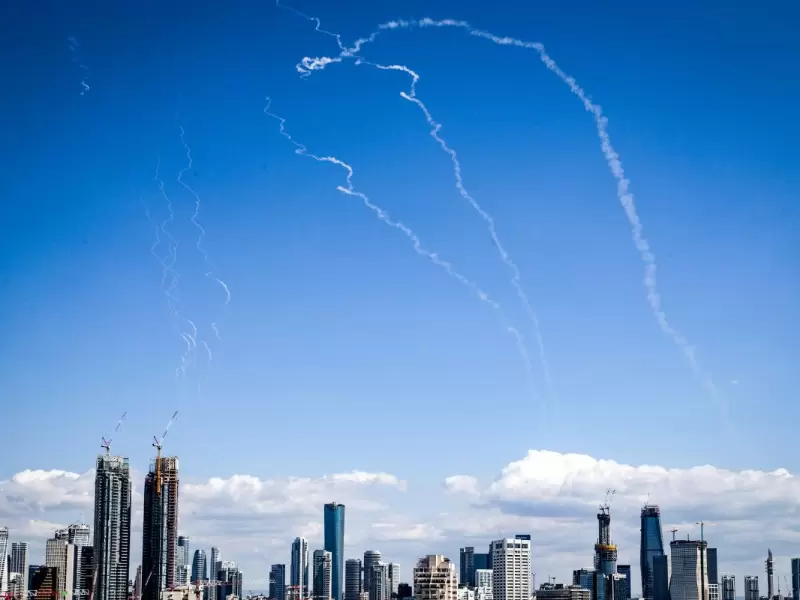

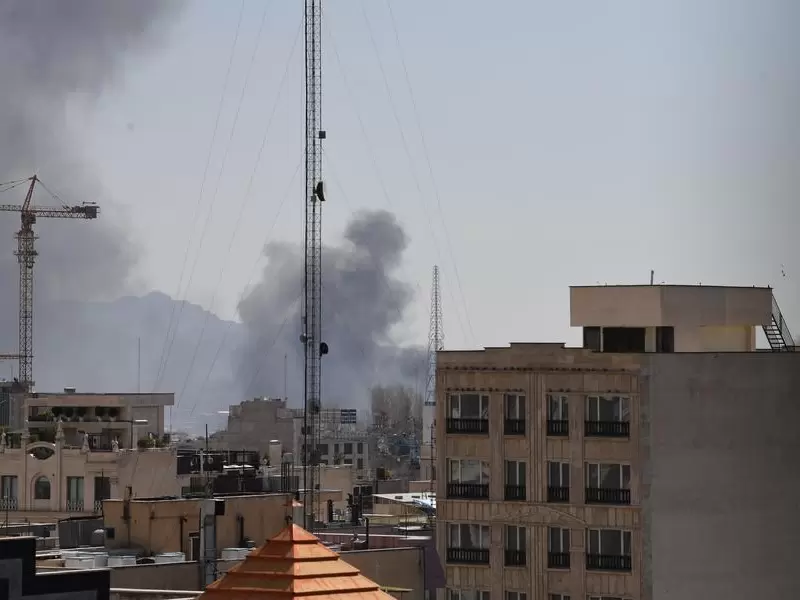

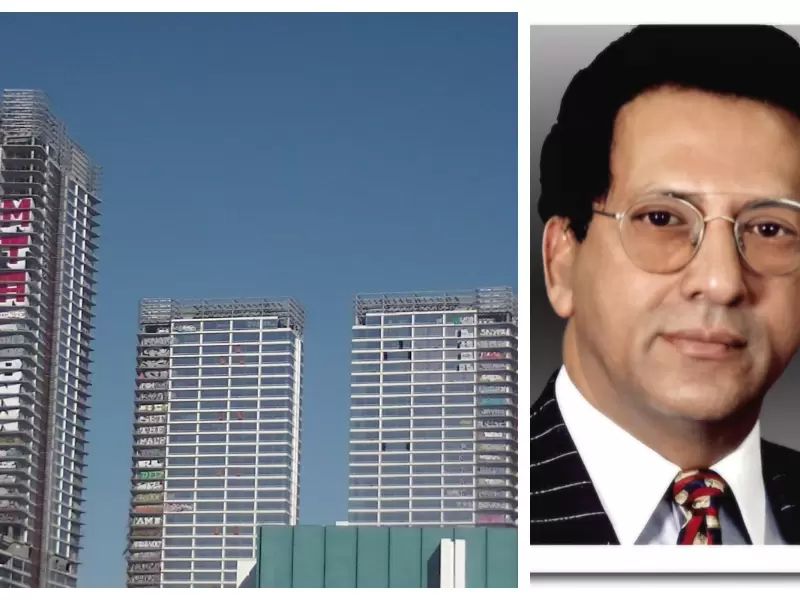
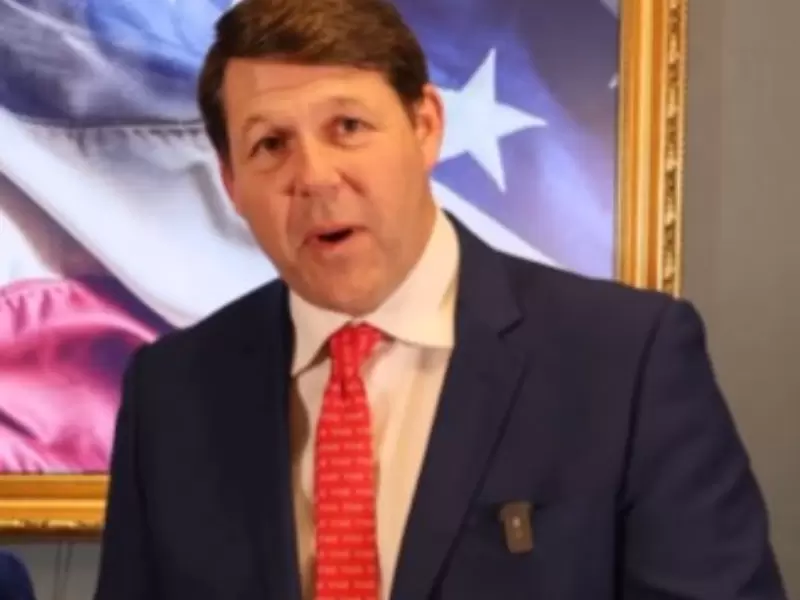

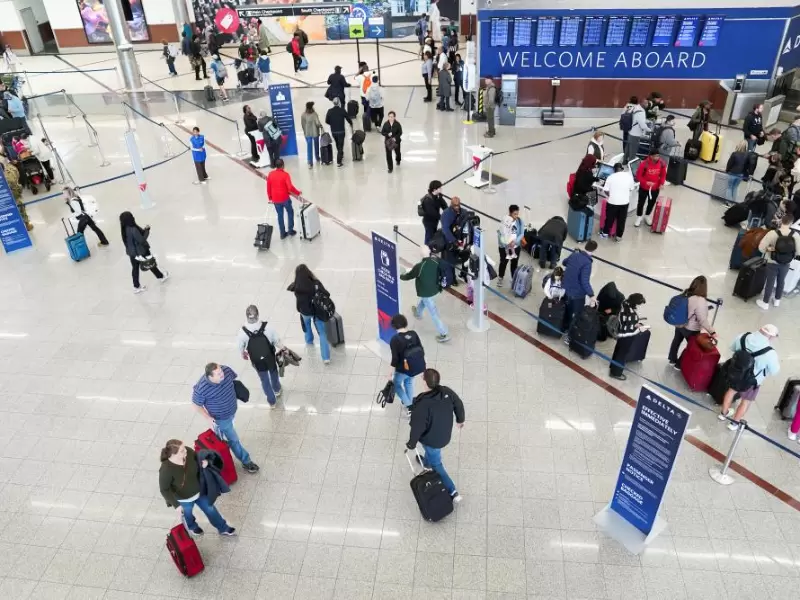
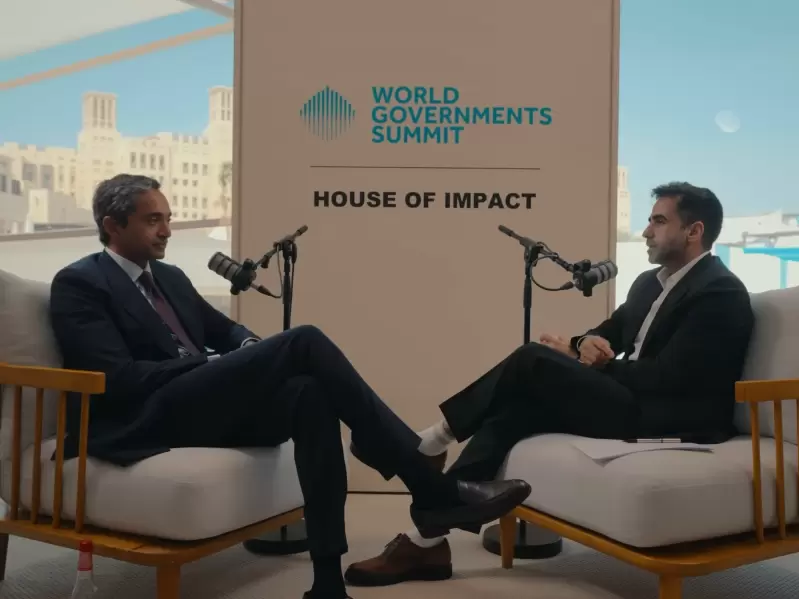

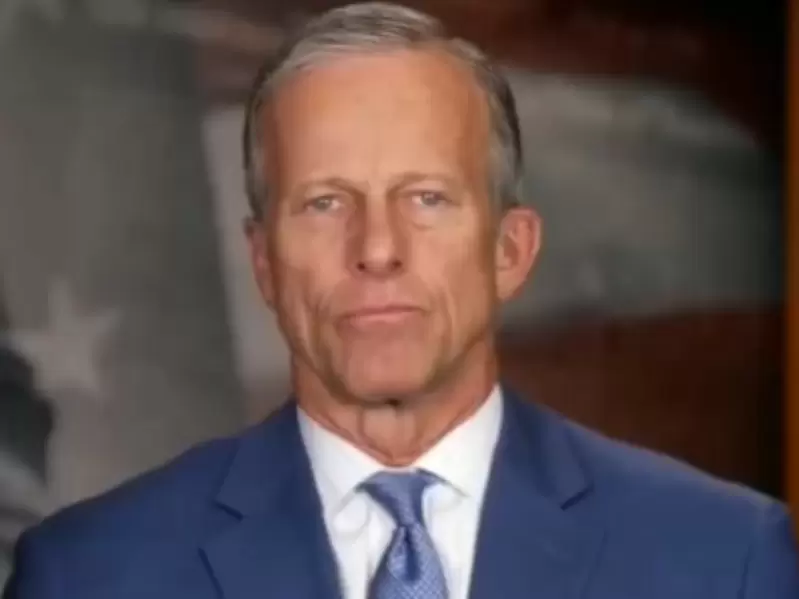


Comments
Start the conversation
Become a member of New India Abroad to start commenting.
Sign Up Now
Already have an account? Login